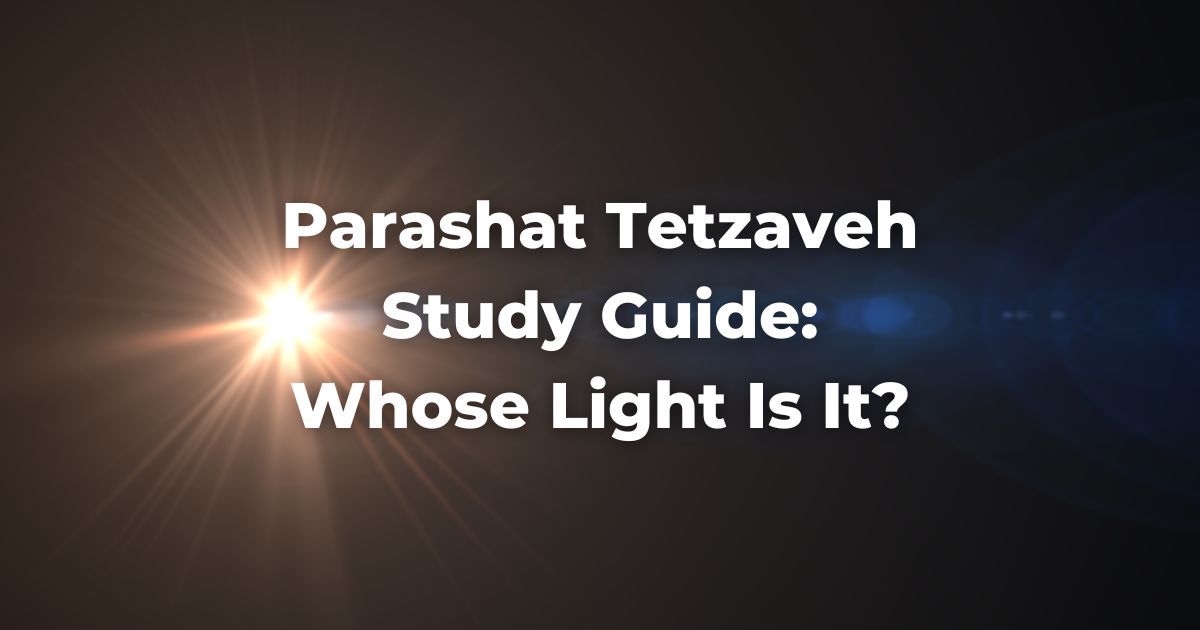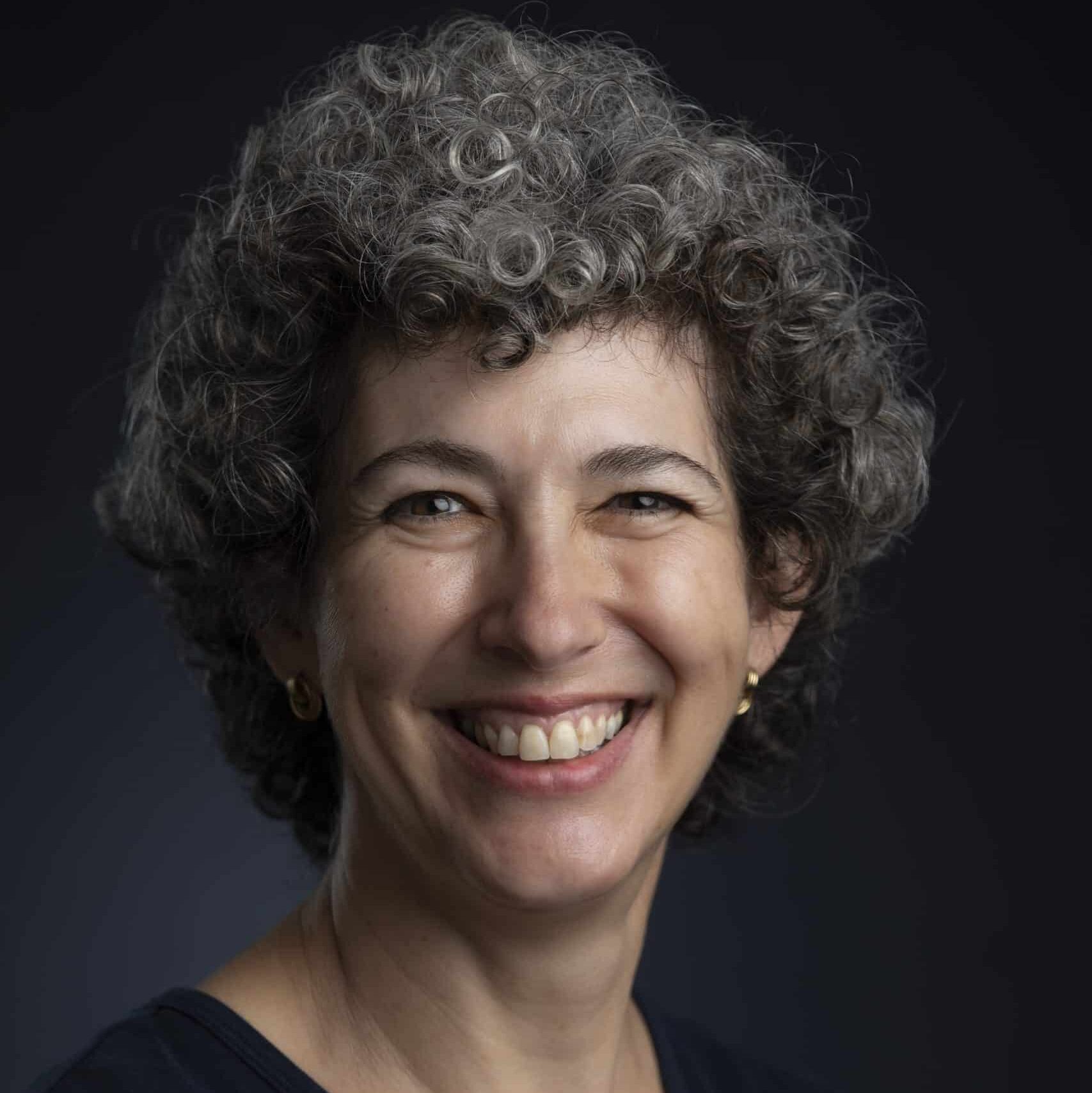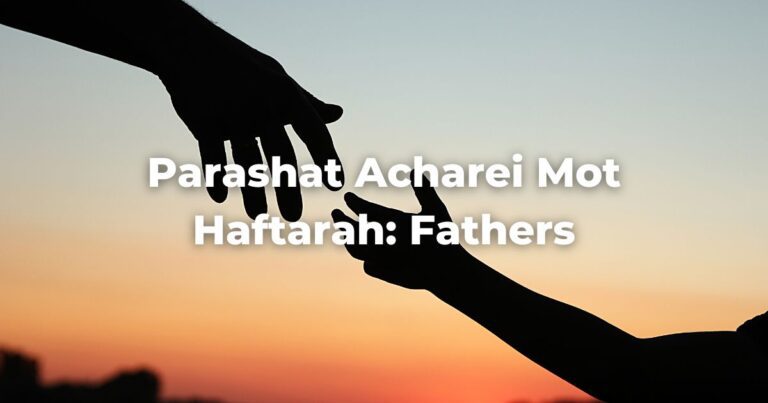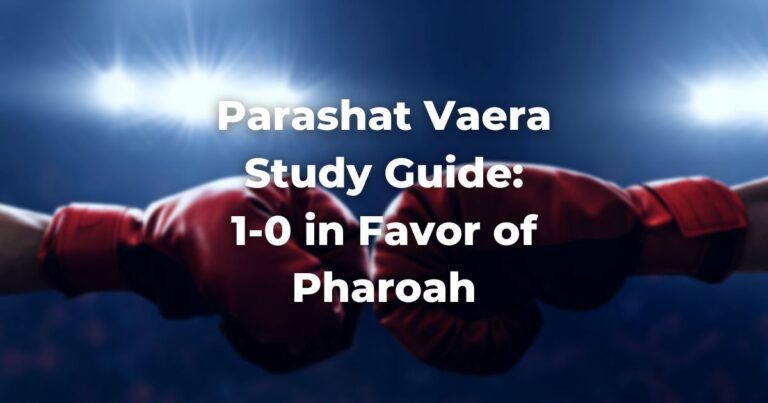Text: Shemot 27:20-21
20 “And you shall command the children of Israel that they bring you pure oil of pressed olives for the light, to cause the lamp/Menorah to burn continually. 21 In the tabernacle of meeting, outside the curtain which is over the Testimony, Aaron and his sons shall lay it out from evening until morning before the LORD. It shall be a statute forever to their generations on behalf of the children of Israel.”
- This Parashah opens with a commandment to bring oil for the lamp, while the building materials were voluntary contributions. Why do you think that this is by command but the building materials for the Tabernacle were brought on a voluntary basis?
- Most of the work in the Mishkan (Tabernacle) was done at daytime. Why, then, do you think that we are commanded to bring oil so that there will be light in the Mishkan at night?
- Why do you think that all the people, forever, are commanded to bring the oil, instead of just including it in general maintenance costs?
Commentary: Hizkuni Shemot 27:20
And you shall command—After He completed giving all the instructions for the building of the Mishkan (Tabernacle), He explained to him how to construct light in it. Similarly, we find in the Genesis story that after all the aspects of the Earth were made, God constructed light for it. But the main instruction of the Mitzvah [for lighting the Menorah in the Mishkan] will come only in Parashat Beha’alotcha (in the book of Bemidbar). So, what is meant here by “you shall command”?—for the future, when the Mishkan will be built and then they shall bring you oil.
They bring you—for your needs. So that you can see where you are going into and coming out of; and not for Me, for I do not need light. And there is proof of this: “outside the curtain which is over the Testimony” he shall lay it out. But earlier it says, “they shall take Me a contribution” (Shemot 25:2)—in My name, so it shall be for My name.
- According to Hizkuni why is the Mitzvah of bringing the oil not mentioned in the request for building materials in the beginning of the previous Parashah?
- Hizkuni see the order in the building of the Mishkan as mirroring that of the creation of the world. What does this idea teach us about the Mishkan? How does it frame what we are told regarding the creation of the world?
- How does the location of the lamp prove that it is for human, not Godly, need? How does Hizkuni understand God’s place in “they shall take Me a contribution”?
See more: Parashat Tetzaveh
Originally posted as part of the Conservative Yeshiva at the Fuchsberg Jerusalem Center’s Torah Sparks. Support TorahRefers to the first five books of the Hebrew Bible, the Tanakh, also called the Five Books of Moses, Pentateuch or the Hebrew equivalent, Humash. This is also called the Written Torah. The term may also refer to teachings that expound on Jewish tradition. Read more learning from the Fuchsberg Jerusalem Center/Conservative Yeshiva for leaders and seekers around the world here
Authors
-

Vered Hollander-Goldfarb teaches Tanach and Medieval Commentators at the Conservative Yeshiva and is a regular contributor to Torah Sparks, FJC’s weekly message on the weekly Torah portion. She received her M.A. in Judaic Studies and Tanach from the Bernard Revel Graduate School of Yeshiva University and studied at Bar-Ilan University and the Jewish Theological Seminary. Before making aliyah, Vered taught at Ramaz School and Stern College in New York.
View all posts -



The Fuchsberg Jerusalem Center (FJC) is a home in the heart of Jerusalem where leaders and seekers can find an authentic place in Jewish tradition to call their own. FJC offers opportunities to study, pray and explore within an egalitarian and inclusive setting, creating multiple pathways for finding personal and communal meaning.
View all posts






